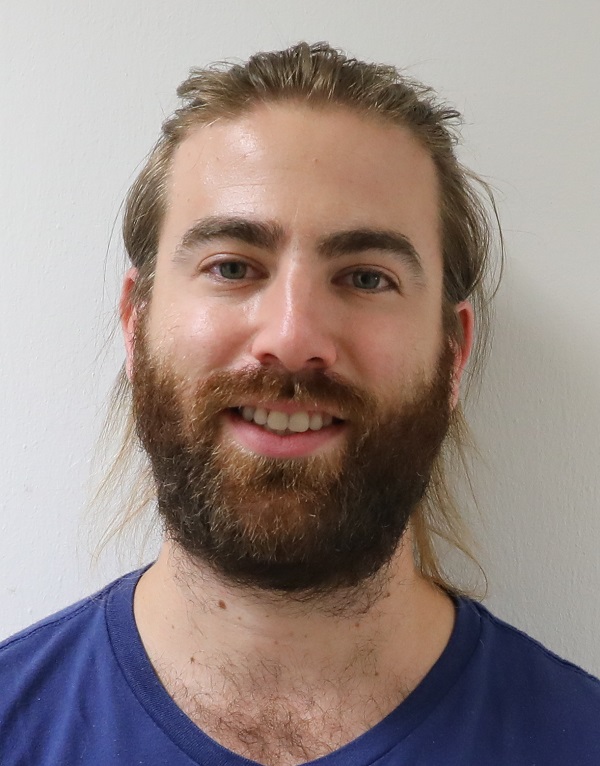Noam Shahar 2020-2021

- Institution of PhD:
- Tel Aviv University
- Academic Discipline of PhD:
- Plant Sciences and Food Security
- PhD Advisor/s:
- Prof. Iftach Yacoby
- Dissertation Topic:
- Designing Synthetic Operons in Chloroplasts: Utilizing Operons for the Production of Biofuels and Other Foreign Pathways in Microalgal Plastids
Noam Shahar, who is 30 years old, grew up in the Jezreel Valley and now lives in Tel Aviv with his wife Tal and their two sons.
His project deals with synthetic biology in plants, and specifically in microalgae, a group of photosynthetic microorganisms that have recently emerged as promising hosts for biotechnology industries, such as the production of biofuels, food additives, protein therapeutics and even vaccines. Despite their biotechnological potential, synthetic biology in microalgae (and in plants in general) is currently lagging far behind that of the model organisms of bacteria and yeast. There are many reasons for this, but, to summarize, “plants don’t like us playing with their DNA.” Luckily for us, plants and microalgae also possess another important genome found uniquely in photosynthetic organisms: the chloroplast genome.
The chloroplast organelle is responsible for one of the most important processes in our world: photosynthesis, which provides us with oxygen and food. Amazingly, this organelle contains its own genome, which in many respects can much more easily be manipulated for our purposes. Nevertheless, as of today, the genetic toolbox of chloroplasts available for researchers is relatively poor. My project therefore has two interrelated goals: The first is to develop synthetic biology platforms and tools for optimizing expression of genes in chloroplasts of microalgae; and the second is to utilize these methods to produce engineered strains of microalgae with improved abilities for producing non-fossil biofuels – a resource urgently required for our future.
